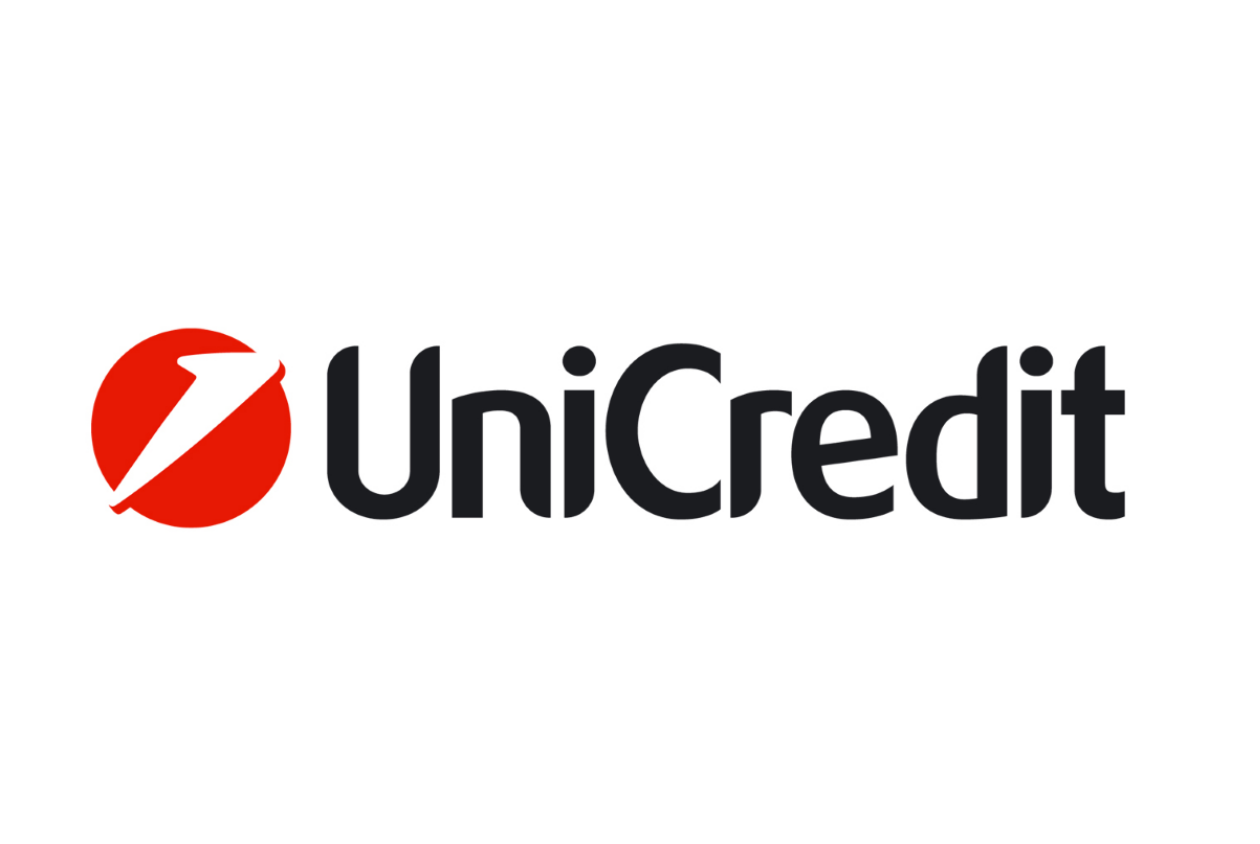UniCredit has invested €10 million in Berlin-based lending-as-a-service provider and embedded lending platform Banxware, which targets small and medium-sized enterprises (SMEs).
Founded in 2020, Banxware offers instant business loans ranging from €1,000 to €5 million, aiming to help SMEs access capital rapidly.
The company stated that the capital injection will support the scaling of its operations and the enhancement of its automated lending solutions across Europe. As part of this expansion, Banxware announced a shift in its business model from structured financing to a forward flow approach.
Previously operating under a warehouse model—using its own capital to finance loans—Banxware will now transition to a structure in which banks like UniCredit fully fund the loans. This shift enables Banxware to concentrate on optimising its technology and expanding into new markets.
According to the company, UniCredit’s investment will be used to refine Banxware’s middleware infrastructure for SME lending. The firm also plans to invest in user experience, platform integrations, and artificial intelligence-driven underwriting to make financing more accessible for businesses.
The investment follows the establishment of a lending platform partnership with Aion and Vodeno the banking-as-a-service (BaaS) platform recently acquired by UniCredit, aimed at strengthening its automated SME lending capabilities.
Banxware noted that its integrated lending solutions are already live on more than 40 digital platforms.
The company has also recently launched a joint lending product with HypoVereinsbank, a member of the UniCredit Group. The offering provides businesses with immediate access to loans ranging from €1,000 to €5 million via platform integration and a streamlined single application process.
Jens Röhrborn, Chief Executive of Banxware, said the partnership with UniCredit reinforces the company’s ambition to build a new infrastructure for business lending across Europe.
“With every new platform we embed and every lender we connect, we are moving closer to a future where access to capital is as seamless and intelligent as the platforms SMEs use to run their businesses.”
Fiona Melrose, Head of Group Strategy and ESG at UniCredit, added: “Through Banxware's platform reach, UniCredit is extending its footprint across the digital SME economy in Europe, continuing to unlock the Group's acceleration.”
Martin Brinckmann, Head of Small and Medium Corporates at HypoVereinsbank, stated: “The German market is characterised by rapidly growing B2B platform revenues. Together with Banxware, we now offer our credit solutions at the point of need for our SMEs.”
Latest News
-
Barclay's exec Braddick to lead PRA
-
UBS plans to extend Sergio Ermotti’s tenure as capital row deepens
-
Mizuho to replace 5,000 administrative roles with AI
-
Allica achieves unicorn status through latest funding round
-
AI disruption risk varies between platform and service-based firms, says new report
-
ClearBank moves into the heart of London’s financial centre
Creating value together: Strategic partnerships in the age of GCCs
As Global Capability Centres reshape the financial services landscape, one question stands out: how do leading banks balance in-house innovation with strategic partnerships to drive real transformation?
Data trust in the AI era: Building customer confidence through responsible banking
In the second episode of FStech’s three-part video podcast series sponsored by HCLTech, Sudip Lahiri, Executive Vice President & Head of Financial Services for Europe & UKI at HCLTech examines the critical relationship between data trust, transparency, and responsible AI implementation in financial services.
Banking's GenAI evolution: Beyond the hype, building the future
In the first episode of a three-part video podcast series sponsored by HCLTech, Sudip Lahiri, Executive Vice President & Head of Financial Services for Europe & UKI at HCLTech explores how financial institutions can navigate the transformative potential of Generative AI while building lasting foundations for innovation.
Beyond compliance: Building unshakeable operational resilience in financial services
In today's rapidly evolving financial landscape, operational resilience has become a critical focus for institutions worldwide. As regulatory requirements grow more complex and cyber threats, particularly ransomware, become increasingly sophisticated, financial services providers must adapt and strengthen their defences. The intersection of compliance, technology, and security presents both challenges and opportunities.
© 2019 Perspective Publishing Privacy & Cookies



.jpg)

.jpg)










Recent Stories